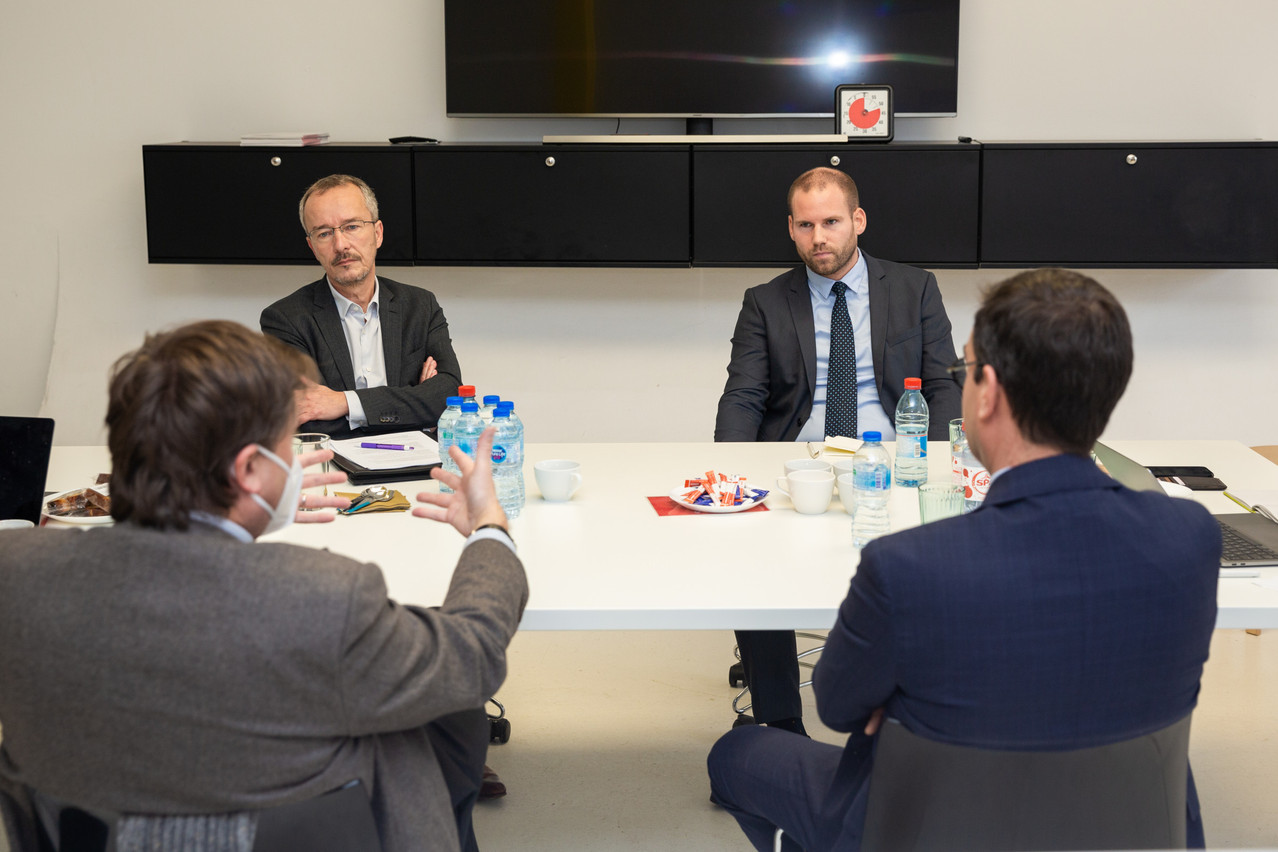Among the investment funds that have emerged in 2020 are portfolios with an ESG component or dominance, guaranteeing sustainability on environmental, social and governance criteria. The wave of sustainable finance carries a lot of hope and is the great conscious shift for investors, but it also has a slippery geopolitical slope, variable measurement criteria and still questionable returns.
Macroeconomic forecasts are like mobile phones: they are scheduled for obsolescence, although it is not possible to plan for a specific date. This is even truer in the field of sustainable finance, where forecasts are linked to phenomena that, by their very nature, cannot be controlled in terms of either their magnitude or their frequency (natural disasters, geopolitical bottlenecks, health crises, migratory phenomena, etc.).
It is clear that the symptoms of a world in pain have been worsening for several years. Sustainable finance has emerged with the climate emergency, which is forcing governments around the world to rethink their production and consumption systems in almost all areas. The outlines of this new era are given by summit meetings that impose quotas and standards, such as Cop26, on countries with too high a carbon footprint.
A need for sovereignty in production chains
Philippe Ledent, economist expert at ING Belux, approached the issue from a geopolitical point of view: “We are in the process of adopting another model of economic development, one that is clearly more virtuous, but this new model still needs raw materials, and supply means geopolitics. And in the current world, tensions are very high. Will the world continue to move in the direction of globalisation and increased trade? Who is holding whom? China, Iran, Ukraine, gas issues for Europe; finally, I wonder if the big theme of 2022 will not be geopolitics. Europe cannot be self-sufficient because of comparative advantages... It is in our interest to trade internationally, but we have created a dependence on certain areas for supplies.”
One of the solutions often put forward is relocation, to get out of this dependence, but also to reduce the carbon footprint linked to transport and create valuable employment. For Olivier Goemans, portfolio manager, advisory coordinator and head of sustainable investments at BIL, the pandemic has revealed our fragility and the need for sovereignty. The assimilation of ESG criteria to support the virtuous economy and the awareness of producing with a smaller carbon footprint do not, however, call into question his adherence to the law of comparative advantage: “Aiming for proximity is fine, but we are not going to relocate what does not make economic sense either.”
Common sense is better than bad scoring
Banks have two methods of sustainable investment: one based on exclusionary criteria such as fossil fuels, tobacco, arms, drugs or child labour, and the other called “best in class”, which rewards the companies with the best scores, all sectors combined. While the four economists note a clear orientation of clients towards greater sustainability, Alexandre Gauthy, macroeconomist and head of investments at Degroof Petercam Luxembourg, is cautious.
He warned of the still very young ecosystem of rating companies, in charge of establishing the ESG scores to which investors concerned about “greening” their portfolio refer. “When choosing indexation, the rating is necessary. Nevertheless, we must remain cautious, because the companies that set ESG scores are mostly American, there is a quasi-monopoly, with still many inconsistencies and opacity in the rating principle. Companies that had a bad score are back up overnight even though their business model has not changed... So for me, common sense must prevail.”
If we exclude oil, we risk seeing oil assets in the hands of private equity with far less regulation.
The “best in class” method is favoured by ING Belux. “Should we give oil companies the chance to remain an energy company with a trajectory where they gradually invest in other types of energy? This is a fundamental debate, and there are activist shareholders on the subject. It is certain that we are at the beginning of a measurement system that is still far from perfect,” said Ledent.
Impact as well as intention
Jean-François Jacquet, head of investments at Quintet Private Bank, also believes that ESG ratings are not enough: “In the equity market, it is important to work on the basis of principles and not rules. If we exclude oil, we risk seeing oil assets in the hands of private equity with much less regulation... Voting at general meetings and engaging with companies pays. I think it is important not to focus on ESG or ‘best in class’ scores, if we want to identify those who will be tomorrow’s winners on all levels: economic and sustainable.”
The investor is certainly a citizen, but above all they have a culture of results. Sustainability measurement is nowadays anticipatory and based on intentions, but it must also be based on results. This brings us to the question of impact, a criterion that is increasingly measurable.
“Investing sustainably is more complicated than a simple rating. ESG ratings are a subjective view, a report card, a note. But impact measurements are factual. If your objective is to decarbonise, we can now calculate a carbon trajectory. And there is also a credibility issue. Does being zero-carbon make sense as a shareholder? It's a secondary market, but it's a reality for citizens, and one that we can act on, particularly through private equity,” said Goemans.
Another way to have an impact is, as Jacquet points out, to invest in green bonds: “The bonds are on a dedicated asset that you can choose. You invest primarily in a sustainable project that makes sense to the investor and allows you to bring money directly into that project.”
This story was first published in French on . It has been translated and edited for Delano.

